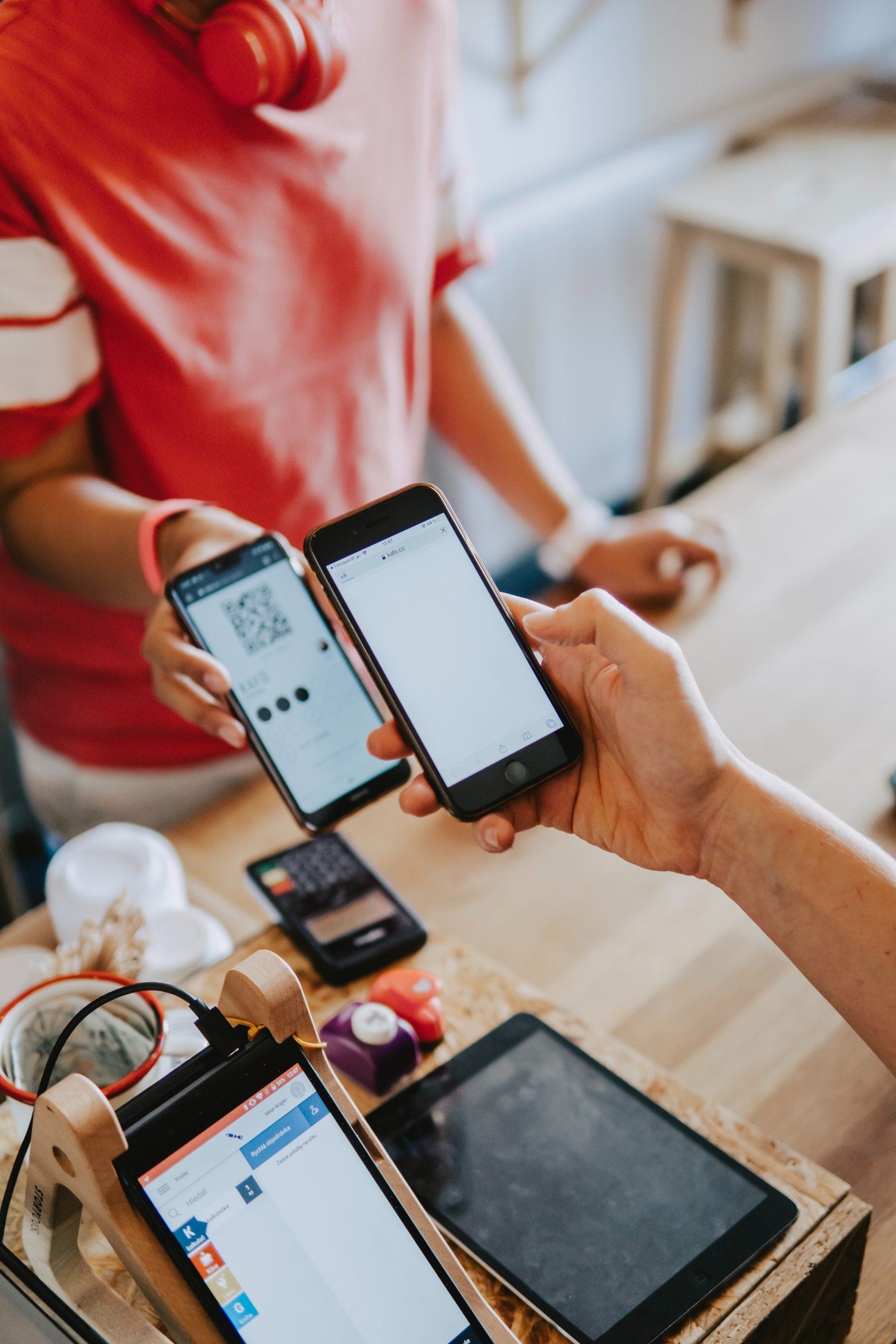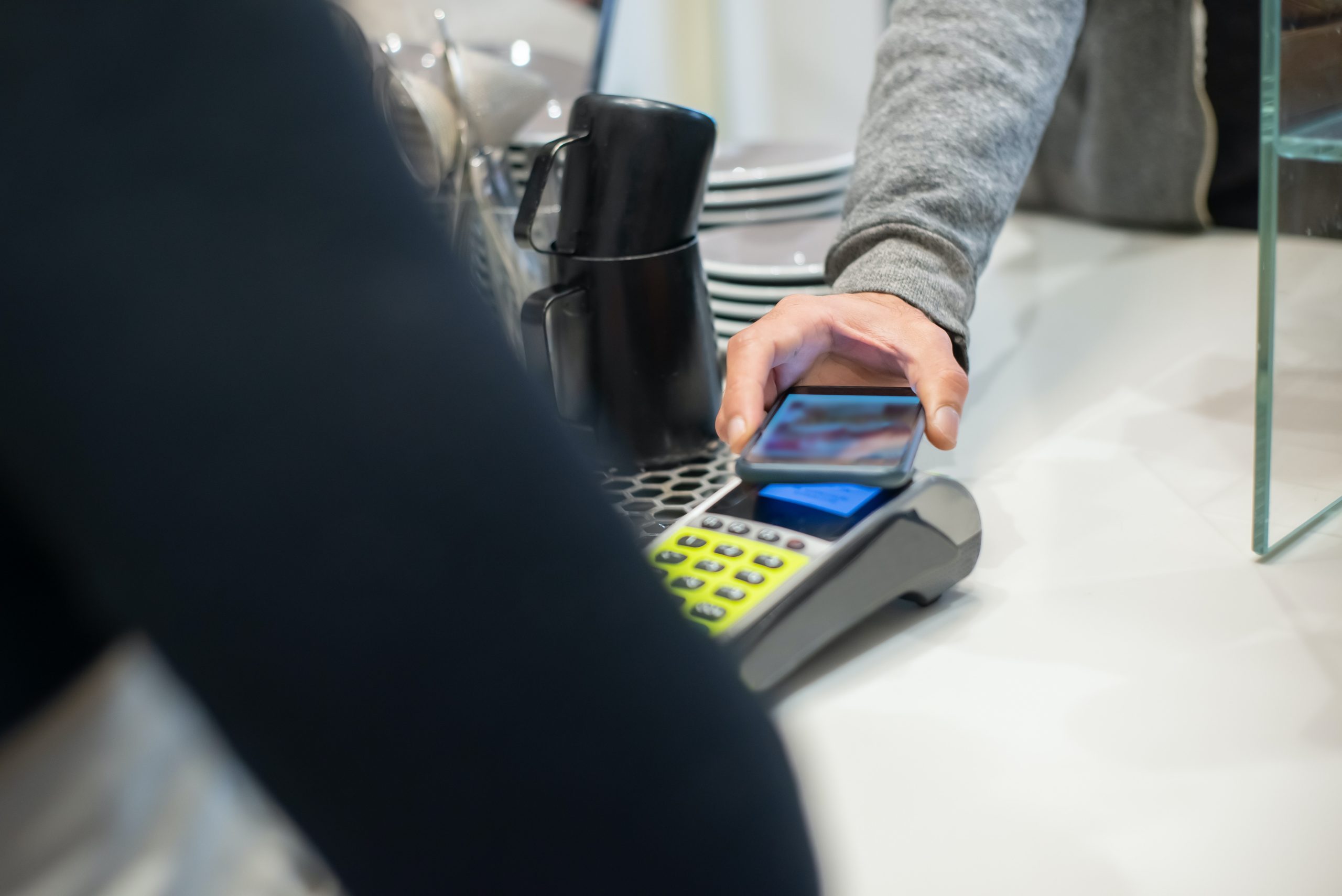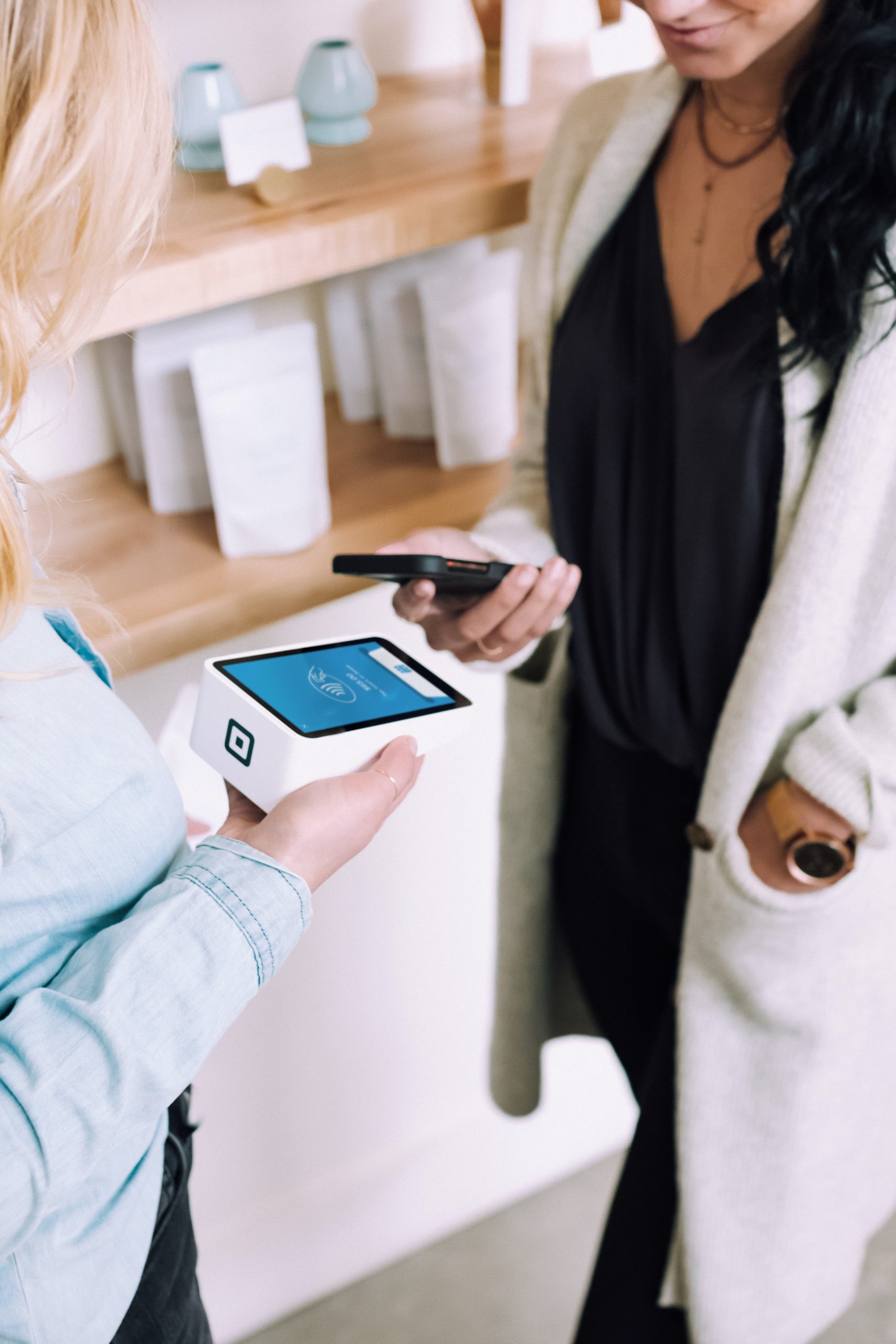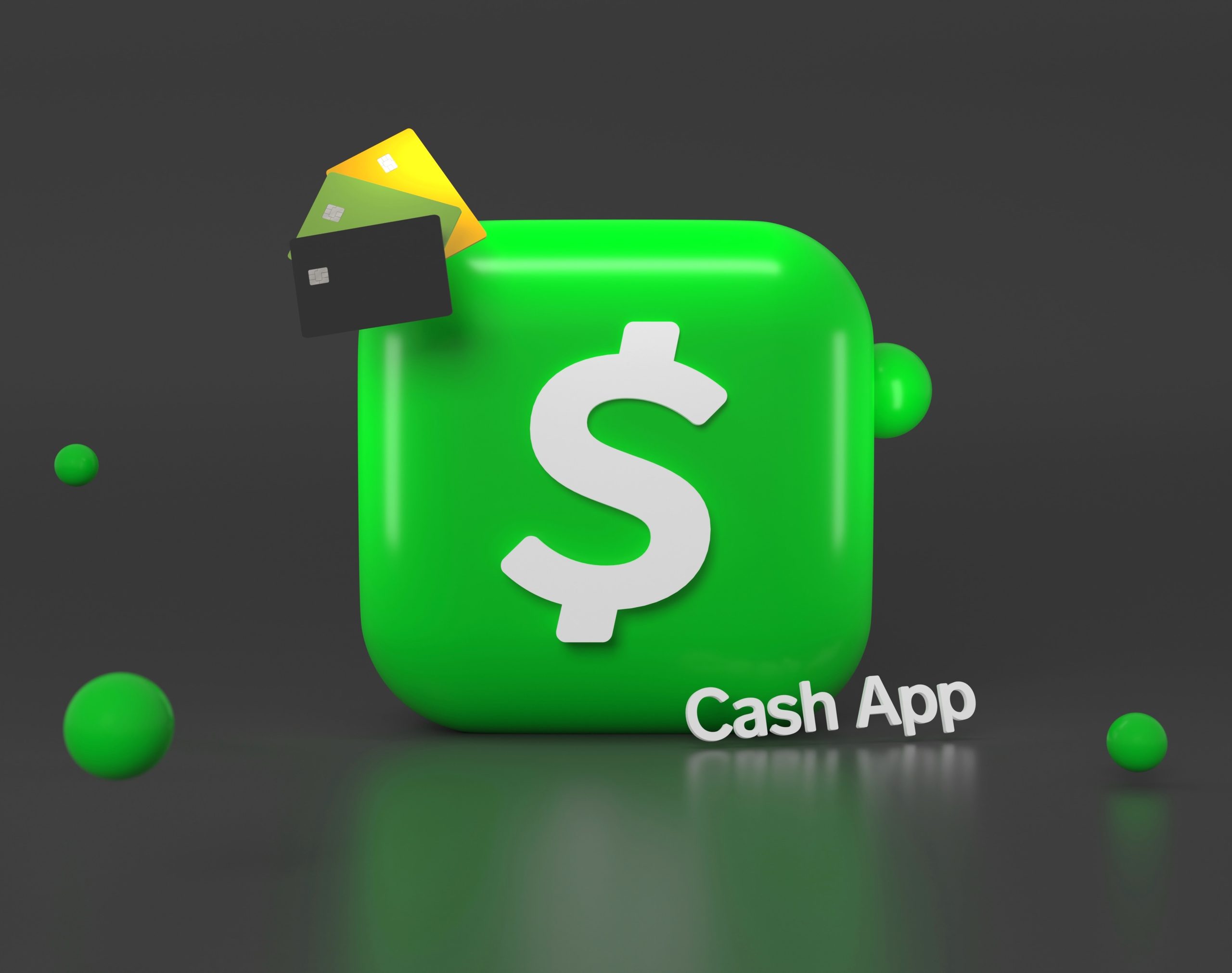Imagine being able to send and receive money with just a few taps on your smartphone, without the need for a traditional bank account. Sounds too good to be true, right? Well, not anymore. With the rise of mobile payment apps like Cash App, it’s now possible to manage your finances without ever stepping foot in a bank. In this article, we’ll explore whether you can use Cash App without a bank account and how this innovative technology is changing the way we handle our money.
What is Cash App and how does it work?
Cash App has taken the world by storm with its convenient and user-friendly platform that allows people to send and receive money effortlessly. But what exactly is Cash App, and how does it work? Think of Cash App as a digital wallet on your phone. With just a few taps, you can link your debit card or bank account and instantly transfer money to friends, family, or even merchants. The best part? No more dealing with cash or waiting for checks to clear.
Using Cash App is simple and straightforward. Once you’ve downloaded the app onto your smartphone, set up an account by entering basic information like your name, email address, and phone number. You can then link either your debit card or bank account to facilitate transactions. To send money through Cash App, all you need is the recipient’s username (known as a $Cashtag) or their mobile number/email associated with their Cash App account. Just enter the desired amount and hit send – it’s that easy!
One unique feature of Cash App is the ability to withdraw funds from ATMs using their physical debit card known as the Cash Card. This option allows users without a traditional bank account to access their money conveniently. Simply load funds onto your Cash Card within the app and use it at any ATM that accepts Visa cards.
So yes, you can absolutely use Cash App without a bank! Its intuitive interface makes managing finances hassle-free while offering services typically exclusive to traditional banking institutions. With its growing popularity around the globe, it’s

Using Cash App without a bank account
Using Cash App without a bank account may seem like an impossibility, but the truth is, it can be done. While Cash App does require users to link a bank account in order to receive direct deposits or add funds from their bank, there are still ways to use this popular payment app without one.
One option is to utilize Cash App’s feature that allows you to load money onto your account using a debit card. This means that as long as you have a debit card linked to your name and sufficient funds available on it, you can make payments and transfers through Cash App hassle-free.
Another alternative is utilizing third-party services such as MoneyPak or MyVanilla cards. These prepaid cards act similar to debit cards and can be used for various transactions on Cash App. By purchasing and loading funds onto these prepaid cards at participating retailers, you essentially create an indirect way of establishing an interface between your wallet and the app.
So even if you don’t have a traditional bank account, don’t let that stop you from experiencing the convenience of Cash App. With options like loading funds through a debit card or using prepaid cards, money management becomes more accessible for individuals who prefer alternative financial solutions.
Pros and cons of using Cash App without a bank
Using Cash App without a bank can be advantageous for those who are unbanked or underbanked. One of the major pros is accessibility. Traditional banking services can be difficult to access, especially for marginalized communities. With Cash App, anyone with a smartphone can sign up and start using the app without having to fulfill complex requirements or visit physical banks.
Another benefit of using Cash App without a bank is the convenience it provides in terms of transferring money and making payments. Users can easily send money to friends, family, or businesses within seconds, eliminating the need for paper checks or physical cash. Additionally, Cash App offers features like direct deposit and a debit card that allow users to have their paychecks directly deposited into their account or make purchases at any store that accepts Visa.
However, there are some significant drawbacks to not linking a bank account to Cash App. First and foremost is the limited functionality compared to having an actual bank account. Without a traditional bank account linked to Cash App, users may not have access to features like savings accounts, credit cards, loans, or other financial products that banks typically offer. This lack of comprehensive financial services could restrict users’ options when it comes to managing their money effectively and planning for future goals.
In conclusion, while using Cash App without linking it to a traditional bank account has its advantages in terms of accessibility and convenience, it also comes with limitations in terms of comprehensive financial services. It’s crucial for individuals without a bank account considering using Cash App as their primary financial

Alternative options for using Cash App without a bank
While Cash App is known as a popular peer-to-peer payment app that requires a linked bank account, there are alternative options for using the app without a bank. One option is to use a prepaid debit card. Many prepaid cards allow users to link them to their Cash App accounts and make transactions just like they would with a traditional bank account. This can be especially beneficial for individuals who do not have access to or prefer not to use traditional banking services.
Another alternative option is to use cryptocurrency. Cash App allows users to buy, sell, and store Bitcoin directly within the app. Without the need for a bank account, individuals can still take advantage of the convenience and benefits of cashless transactions through this digital currency. The added security and privacy features of cryptocurrencies may also be appealing for those who are concerned about sharing financial information with traditional banks.
Overall, while having a bank account may seem like a requirement for using Cash App, there are other options available for those who prefer or need alternative methods of accessing the app’s features. Prepaid debit cards and cryptocurrencies offer alternatives that can provide financial flexibility and convenience without being tied to traditional banks. With these options at hand, Cash App becomes accessible to an even wider range of users who can benefit from its ease-of-use and innovative features.
Safety and security considerations
When using Cash App without a bank, one of the key considerations is safety and security. While Cash App itself has implemented several security measures to protect user funds and data, it is important for individuals to take their own precautions as well. First, it is essential to create a strong password for your Cash App account and update it regularly. Additionally, enabling two-factor authentication can add an extra layer of security by requiring a verification code in addition to your password.
Another aspect of safety and security when using Cash App without a bank is protecting yourself from scams or fraud. It’s crucial never to share personal or financial information with anyone claiming to be from Cash App support or any other unfamiliar source. Furthermore, be wary of suspicious links or requests for money from unknown individuals on the platform. Taking these precautions can help ensure the safety of your funds and personal information while using Cash App without a bank.
In conclusion, although using Cash App without a bank can offer convenience and flexibility, it’s important to prioritize safety and security considerations. By implementing strong passwords, enabling two-factor authentication, being cautious about sharing information, and staying vigilant against potential scams or frauds within the app, users can enjoy the benefits of cash transfers without compromising their financial wellbeing.

Conclusion: Is it possible to use Cash App without a bank?
In conclusion, it is possible to use Cash App without a bank, but there are limitations to consider. While Cash App allows you to send and receive money without a traditional bank account, it is important to remember that this app is not a full substitute for banking services. Without a connected bank account, you won’t have access to features like direct deposits or in-app loans.
However, Cash App does offer alternative options for those without a bank account. For example, you can add funds to your Cash App balance by linking a prepaid debit card or by depositing cash at certain retail locations. These workarounds can be useful for individuals who are unbanked or prefer not to have a traditional bank account.
It’s worth noting that using Cash App without a bank may limit your financial growth and stability in the long run. Traditional banks provide additional benefits such as building credit history and offering various financial products. Therefore, while it may be possible to use Cash App sans-bank, carefully weighing the pros and cons is essential before completely relying on this payment platform as an alternative banking solution.




